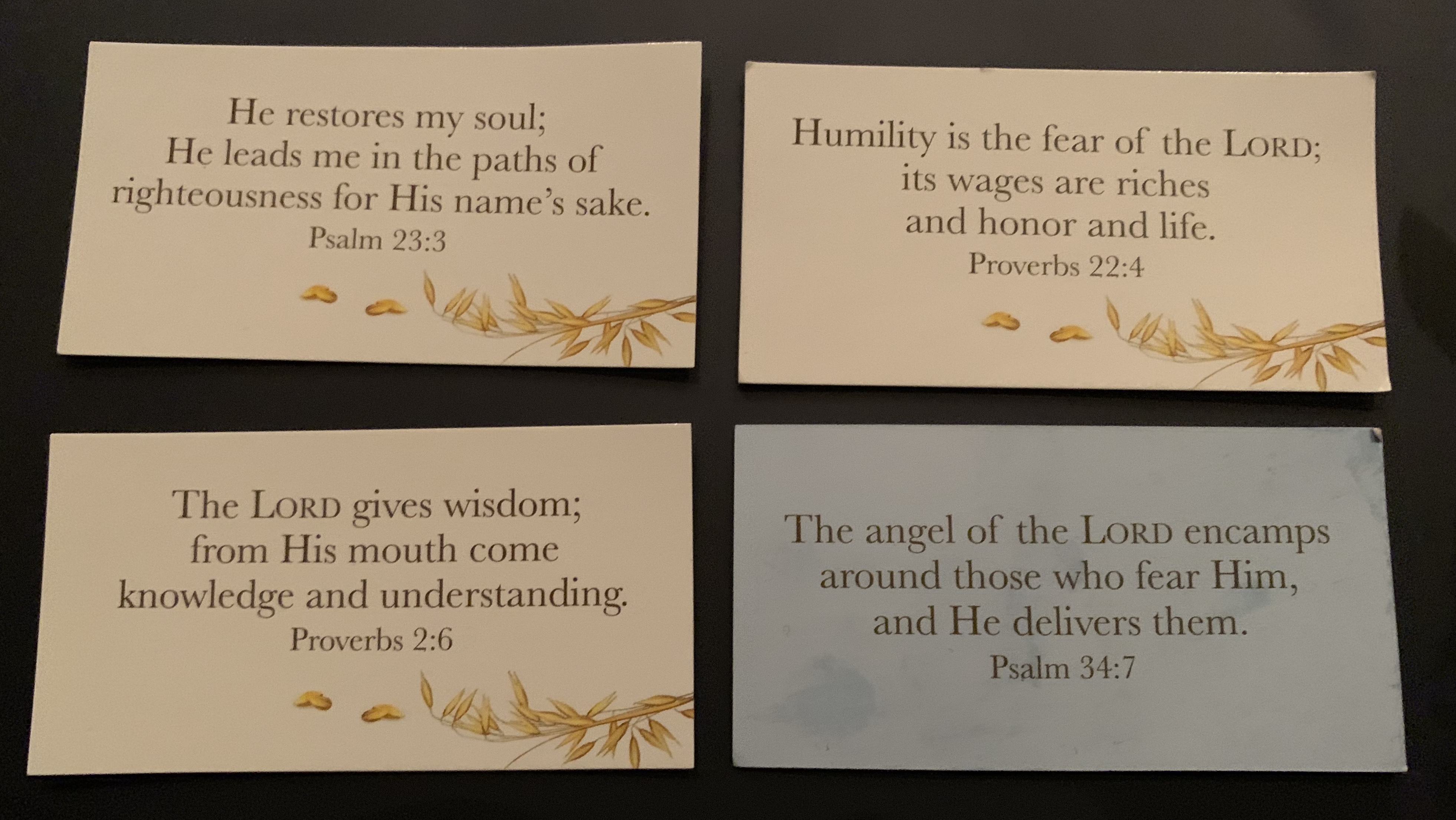The Bible informs us that when Jacob found out from his messengers that his brother Esau, whom he had wronged, was coming to meet him along with four hundred men, he became greatly afraid and distressed. Uncertain of how his brother felt about him, and fearing that his brother would be coming with his men to avenge himself, Jacob divided his people, and the cattle (flocks, herds, and camels) into two bands, thinking that if Esau was to come and attack one band, then the other could escape (Genesis 32:6-8).
Interesting, isn’t it, that not too long ago, Jacob had witnessed two camps of God’s angelic army, and now all of his people and property had been divided into two bands. Did God in his omniscience know that Jacob would divide his people and property into two bands and so sent two hosts of angels in advance to protect him? I would like to think so, but the Bible does not affirm that and so we should leave speculation to be speculation.
Jacob acts of deception had given him a genuine reason to fear his brother, but God’s promise of being with him should have allayed that fear. In other words, if Jacob had faith – faith to trust God at his word, he would not have had to fear his brother – a mere man.
Points to ponder:
We fear when we fail to take God at his word and trust him, by placing our complete faith in him. The opposite of fear for a follower of Jesus Christ is not courage, but instead faith. When the disciples were afraid in the boat that was caught in a storm, Jesus did not ask them “Why they did not have courage?”, but instead asked them “How is it that you have no faith?” (Mark 4:35-41)
When we have no faith in Jesus, we have everything to fear. When we have all our faith in Jesus, we have nothing or no one to fear! When the storms of life buffet you and threaten to drown you, there is nothing to fear, if Jesus Christ is with you. Even first death is no longer something to be afraid off for it has no power over those who have placed their faith in Jesus Christ. Are you afraid and distressed?
Genesis 32:6-8 (KJV)
6 And the messengers returned to Jacob, saying, We came to thy brother Esau, and also he cometh to meet thee, and four hundred men with him.
7 Then Jacob was greatly afraid and distressed: and he divided the people that was with him, and the flocks, and herds, and the camels, into two bands;
8 And said, If Esau come to the one company, and smite it, then the other company which is left shall escape.
Mark 4:35-41 (KJV)
35 And the same day, when the even was come, he saith unto them, Let us pass over unto the other side.
36 And when they had sent away the multitude, they took him even as he was in the ship. And there were also with him other little ships.
37 And there arose a great storm of wind, and the waves beat into the ship, so that it was now full.
38 And he was in the hinder part of the ship, asleep on a pillow: and they awake him, and say unto him, Master, carest thou not that we perish?
39 And he arose, and rebuked the wind, and said unto the sea, Peace, be still. And the wind ceased, and there was a great calm.
40 And he said unto them, Why are ye so fearful? how is it that ye have no faith?
41 And they feared exceedingly, and said one to another, What manner of man is this, that even the wind and the sea obey him?


